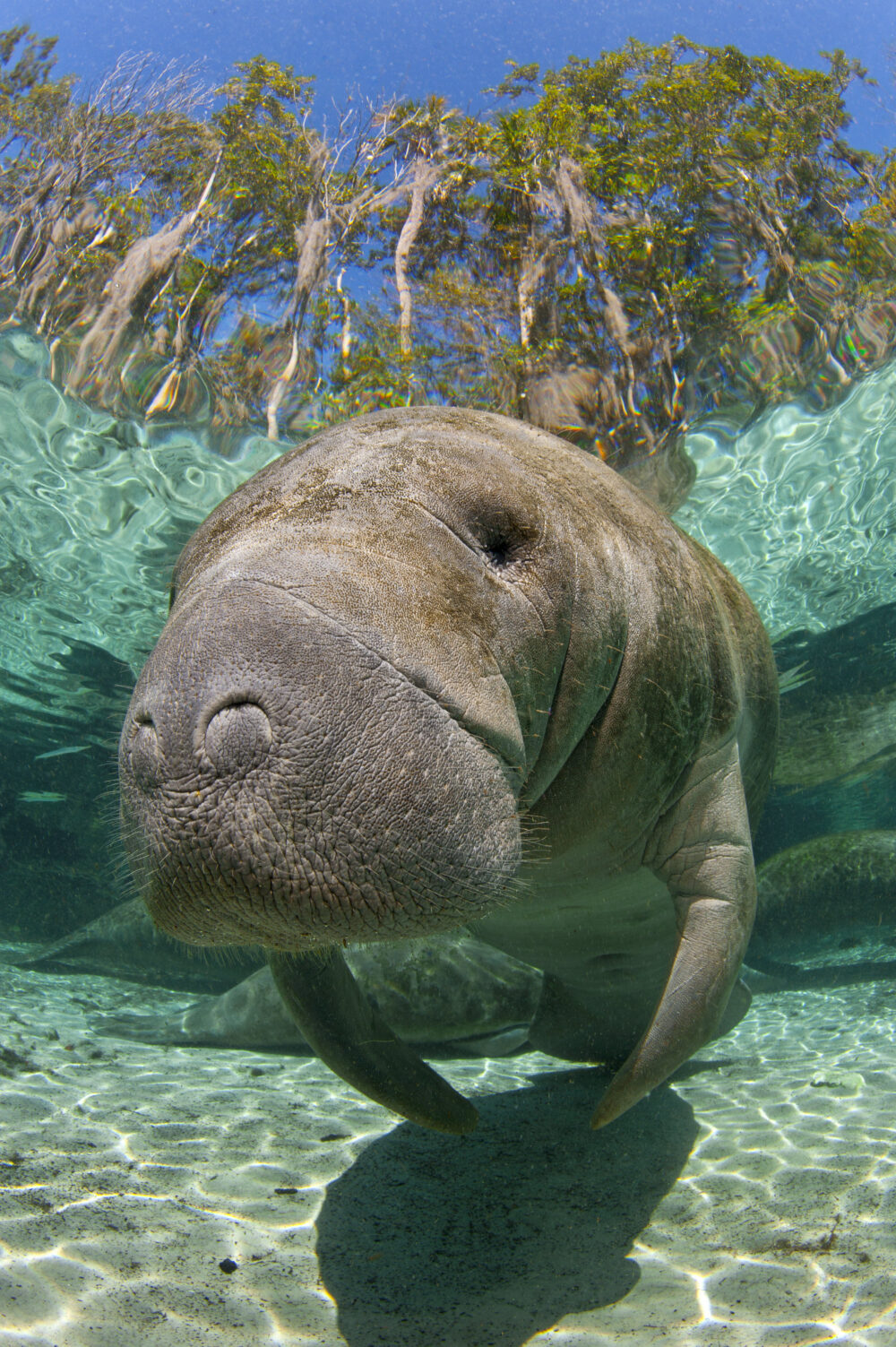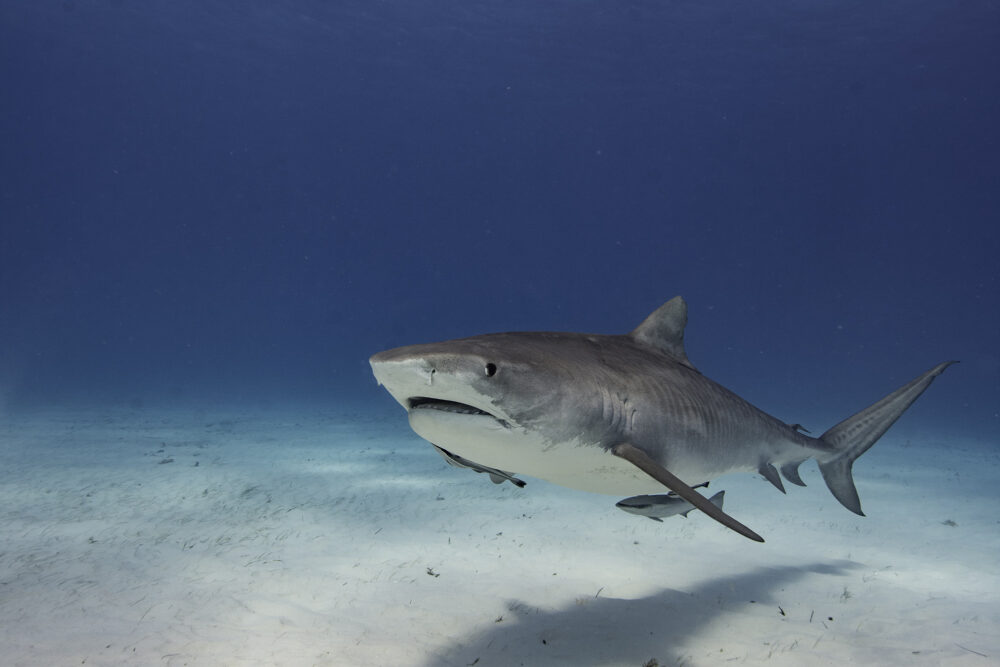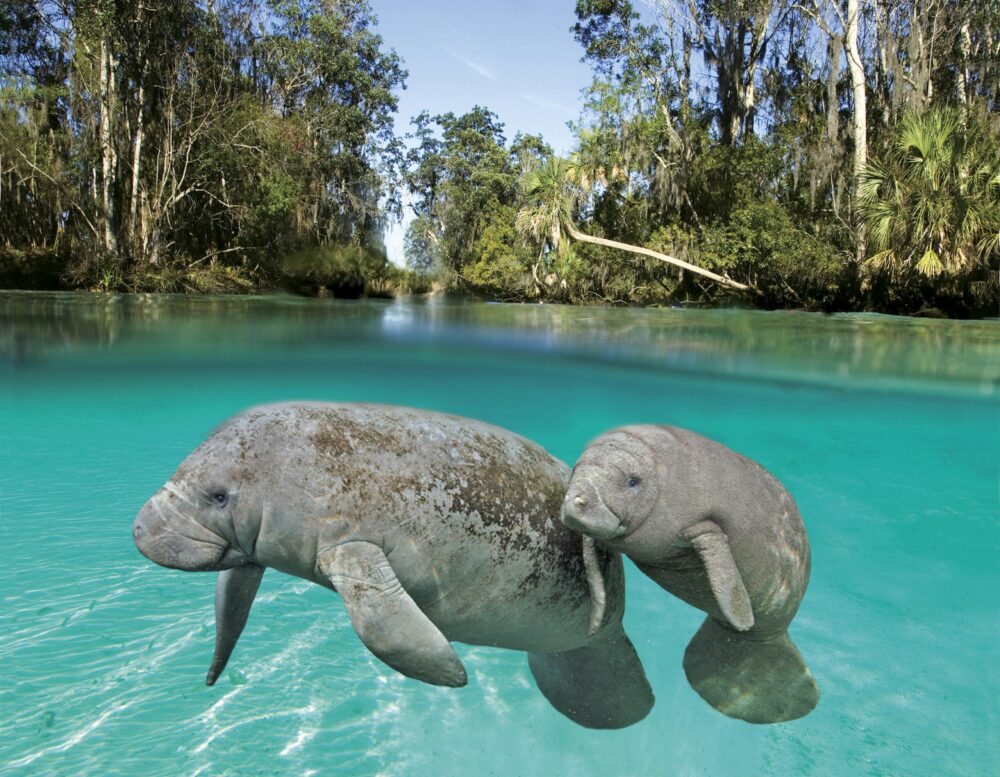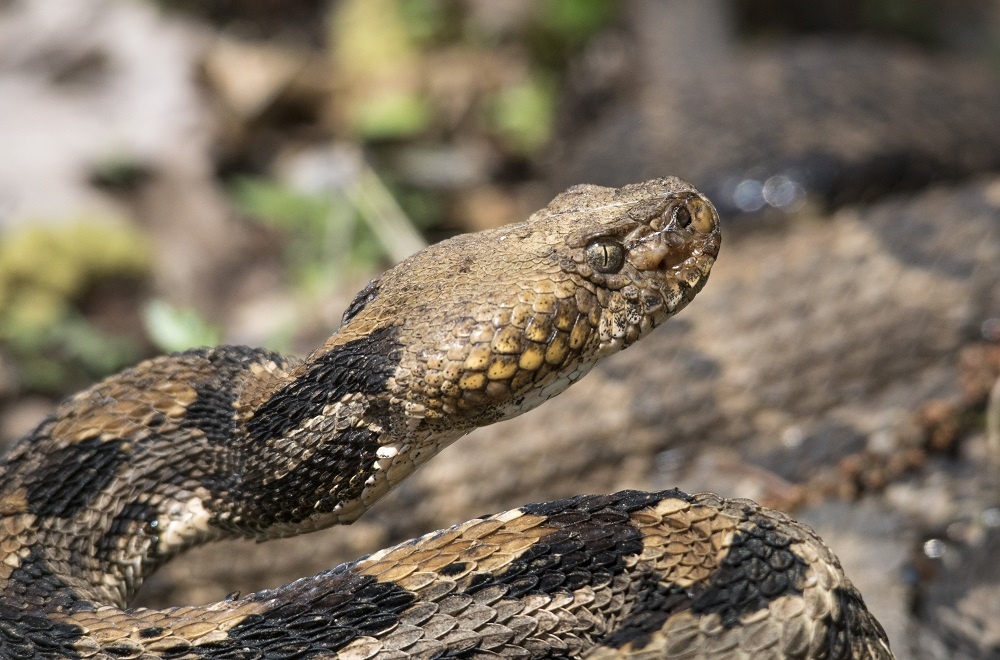We have much more to do and your continued support is needed now more than ever.
7 Reasons to Support the Recovering America’s Wildlife Act
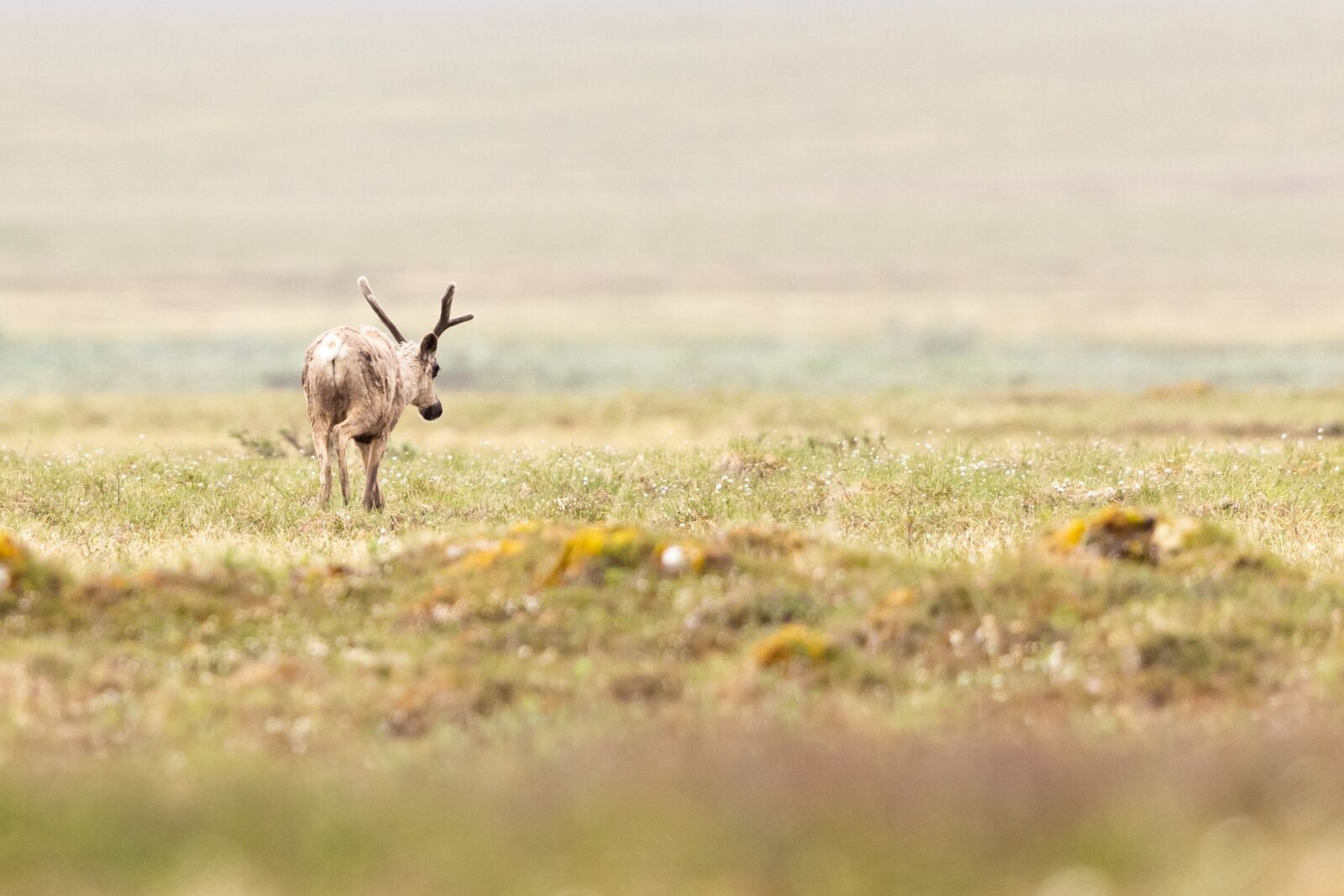
A newly introduced bipartisan bill in the Senate will transform wildlife conservation in our nation, benefitting people and wildlife.
1) Protecting wildlife for future generations
Right now, roughly one-third of America’s wildlife face an elevated risk of extinction. Species of concern are found in every kind of habitat and among all major groups of wildlife — from butterflies to bighorn sheep.
The states’ Wildlife Action Plans identify 12,000 species that need conservation action. The Recovering America’s Wildlife Act will provide $1.3 billion dollars annually to the states and territories for locally-led efforts to implement these plans, protecting our outdoor heritage and our way of life.
2) Saving wildlife saves ourselves
Healthy populations of wildlife are essential to our way of life. For example, native bees and other pollinators are responsible for every third bite of food people eat – but roughly a thousand species of native bees are considered at risk. Bats save farmers an estimated $23 billion in pest control costs every year, but bat populations have been declining for decades, and these losses are accelerating. One single barn swallow can eat as many as 850 flying insects a day – including mosquitos. But barn swallows have declined by nearly 40 percent since 1970. (They are still relatively common, thankfully.)
3) Broad, bipartisan support
This commonsense, cost-effective bill has long had strong support on both sides of the aisle and is being championed in the Senate by Martin Heinrich of New Mexico and Senator Thom Tillis of North Carolina. The public also broadly supports the bill, with one poll showing 86 percent of likely voters in favor.

4) Funding Tribal wildlife conservation programs
From the Eastern Shoshone Tribe’s efforts to return bison to the Wind River Reservation in Wyoming to the Eastern Band of Cherokee Indians’ efforts on behalf of brook trout in North Carolina, many Tribal Nations have long had innovative wildlife conservation programs. This bill will provide $97.5 million to Tribal Nations, providing the tribes a long-overdue consistent source of federal funding for wildlife conservation.
5) Creating jobs across the country
Recovering wildlife is labor intensive. Whether it is replanting native grasslands, removing invasive species, restoring waterways, breeding at-risk wildlife to prevent extinction, or researching emerging diseases, the bill will help put roughly 100,000 people to work every year – and many of these jobs will be in rural areas, where new jobs are needed most.

6) Preventing extinctions
The Endangered Species Act – which turns 50 years old this year – is our nation’s best tool to prevent species from sliding into extinction, but it has long been underfunded. The Recovering America’s Wildlife Act will provide additional funding for species already listed as endangered or threatened while preventing additional species from declining to the point where a listing is necessary.

7) Diversifying the funding stream
For decades, the vast majority of wildlife conservation projects in this country have been funded by fees and taxes paid by hunters and anglers. But with so many species now at risk, we need to engage all Americans in supporting wildlife conservation.





